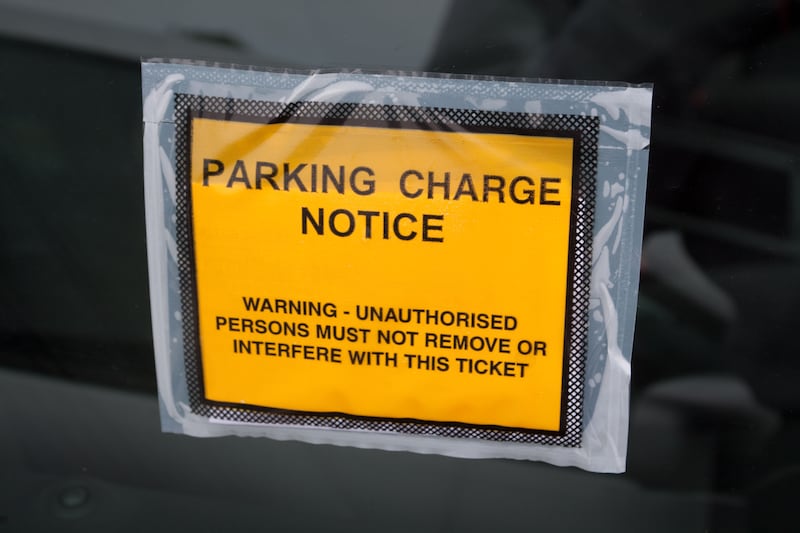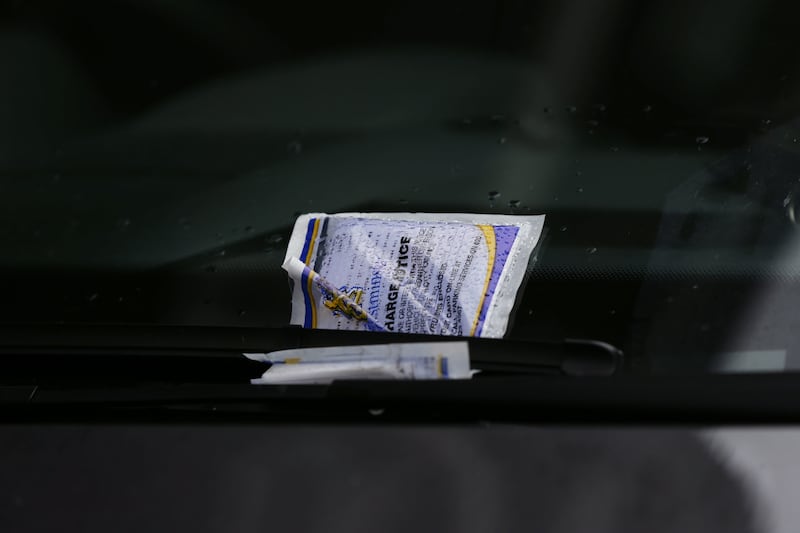A new parking code of practice is being introduced to help deliver ‘greater transparency and consistency’ for motorists.
The new ‘Private Parking Code of Practice’ – today announced by the British Parking Association (BPA) and International Parking Community (IPC) – is a new set of rules that will be enforced across the entire private parking sector.
Set to be published in June, the new code will include a number of key changes for motorists, including a mandated 10-minute grace period for parking charge notices (PCNs), consistent signage standards across all car parks and a single set of rules for all parking operators working on private land.
A new oversight group will also be used to ensure that the application and interpretation of the new Code are consistent across all parking sites while a new appeals charter will make it clearer for those challenging a parking fine to see rules and mitigating circumstances.
The BPA also says that the new code will also look to boost the awareness of Blue Badges while acting as a ‘deterrent for abuse of Blue Badge bays or those who choose to park selfishly, putting their own convenience above the needs or rights of others.’.
Andrew Pester, BPA Chief Executive said, “We are delighted to introduce a single Code of Practice across the private parking sector. This is a crucial milestone as we work closely with Government, consumer bodies and others to deliver fairer and more consistent parking standards for motorists. We will continue to push for a positive outcome for all.”
However, the RAC’s head of policy Simon Willians has said that he is ‘flabbergasted’ that the BPA and IPC have introduced their own parking code ‘after doing all they can over the last five years to prevent the official Government Code created by an Act of Parliament coming into force.’
“While there are clearly some positive elements to what the private parking industry is proposing, it conveniently avoids some of the biggest issues around caps on penalty charges and debt recovery fees which badly need to be addressed to prevent drivers being taken advantage of.
“These elements, alongside a formal appeals process, are currently being worked on by the Government and in our opinion can’t come soon enough. Nothing should stand in the way of the official Code, least of all a new industry scheme which muddies the waters and risks confusing drivers.








